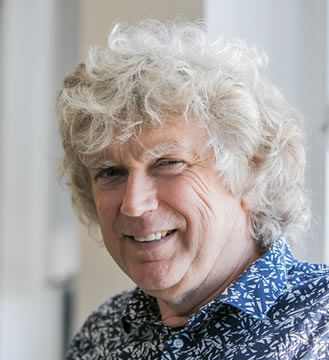
The Bernal Prize is awarded annually to an individual who has made distinguished contributions to Science and Technology Studies over the course of their career. Nominations may be made by 4S members.
The Bernal Prize was awarded jointly by the Society for Social Studies of Science and the Institute for Scientific Information from 1981 to 2010.
The Bernal Prize is named for John Desmond Bernal (1901-1971), a molecular biologist and activist intellectual who wrote extensively about science and society.
Lucy Suchman (Past President)
Lesley Green (Council Member)
Wen-Hua Kuo (former Council Member)
Margarita Rayzberg (Student Representative)
I would like to thank the Nomination Committee and the 4S. This award means a lot to me. I have been attending 4S regularly since the Bloomington meeting in 1978. It is my primary society for intellectual work, building collegial relations, and fun, and it has been gratifying to see the Society grow and internationalize over recent years. If I had a new idea or paper I would always try it out at 4S first. I have been lucky in that what I found natural to work upon has also been a source of joy. I could hardly believe it in the early 2000s when I found myself interviewing rock musicians as part of my Moog book. And this is STS?
It was a privilege to serve as president of 4S from 2011-13. My career has always been one where having collaborators in different countries and living in different countries has enabled me to grow as a scholar. Apart from Harry Collins and Michael Mulkay (both Brits) and Richard Rottenburg (a German) most of my collaborators have been Dutch: Wiebe Bijker, Nelly Oudshoorn and Karin Bijsterveld. The Dutch (don’t underestimate their quiet negotiating skills) have become quite a power house in science studies during my career and it has been wonderful to be a fellow traveler with them.
My roots as a scholar are firmly in the sociology of scientific knowledge and I consider myself blessed to have been part of and learn from the pioneers who were set on displacing the predominant Mertonian approach in the field. Things were exciting back in the day when Bruno Latour used to come over to Bath and sleep on my couch. The moves to technology and sound followed from the inspiration that if we could change the fundamental understanding of science we could change anything. I dedicate this award to all my collaborators from whom I have learnt more than I could ever repay.